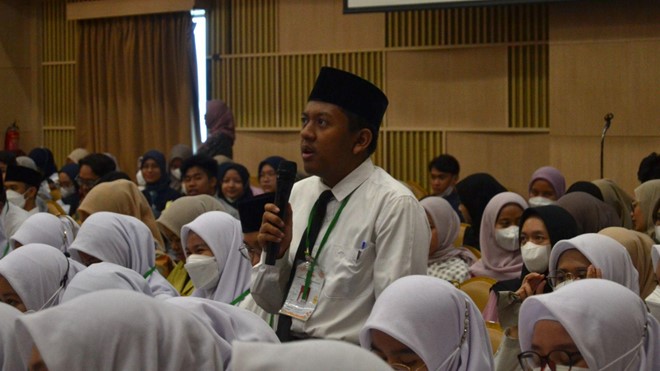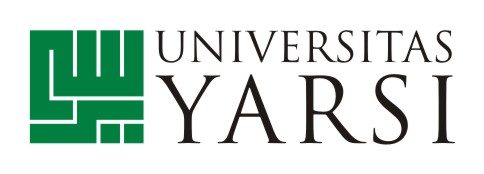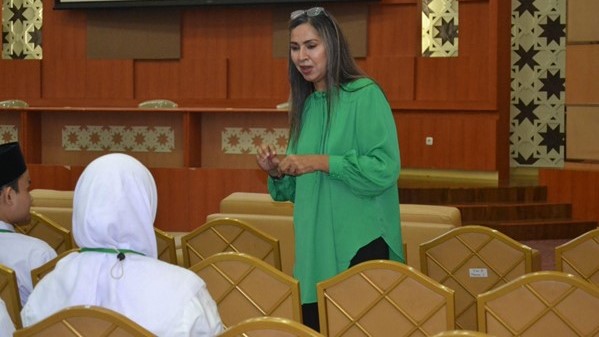On August 30, 2023, YARSI University organized a training session titled “Presentation Skills: Standing Out in the Crowd” as part of its Continuous Professional Development (CPD) program. This training aimed to equip students with essential skills in crafting and delivering effective presentations. The topics covered included “What is a Presentation and Its Purpose,” “Different Types of Presentations,” “What Makes a Good or Bad Presentation,” and “Tips for Making and Delivering Presentations.” This activity supports the achievement of the Sustainable Development Goals (SDGs), particularly SDG 4: Quality Education, by providing students with crucial communication skills for academic and professional success.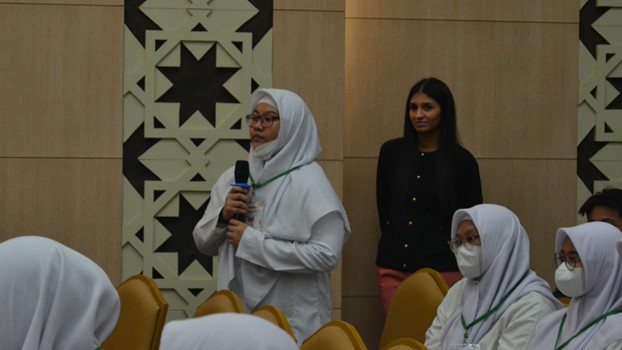
During the training, participants were provided with an understanding of the importance of presentation skills in various career fields and educational settings, and how mastering these skills can help individuals stand out in competitive environments. Participants learned about different types of presentations, such as informative, persuasive, and instructional, and identified the key factors that distinguish good presentations from poor ones, focusing on clarity, audience engagement, and effective use of visual aids. Additionally, tips on structuring content, interacting with the audience, and overcoming nervousness were discussed, supporting SDG 8: Decent Work and Economic Growth, as communication skills are essential for professional growth.
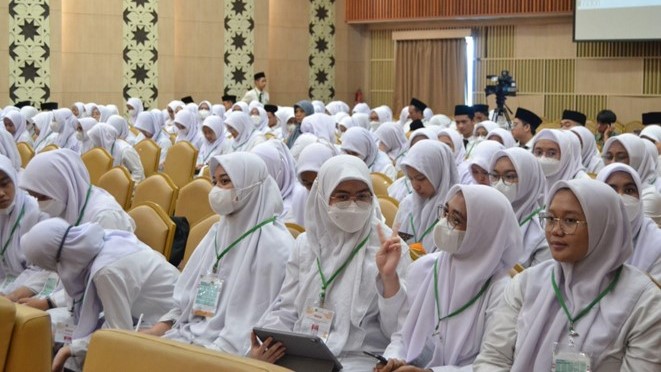
As part of a hands-on exercise, participants were given the opportunity to deliver their presentations based on the tips and guidance provided during the training. This activity allowed participants to apply the skills they had just learned, boosting their confidence and public speaking abilities. The training objectives—understanding the importance of good presentation skills, mastering key concepts in presentation delivery, and confidently presenting their ideas—were successfully achieved, aligning with SDG 10: Reduced Inequalities by helping to develop more competent, communicative, and globally competitive students.
